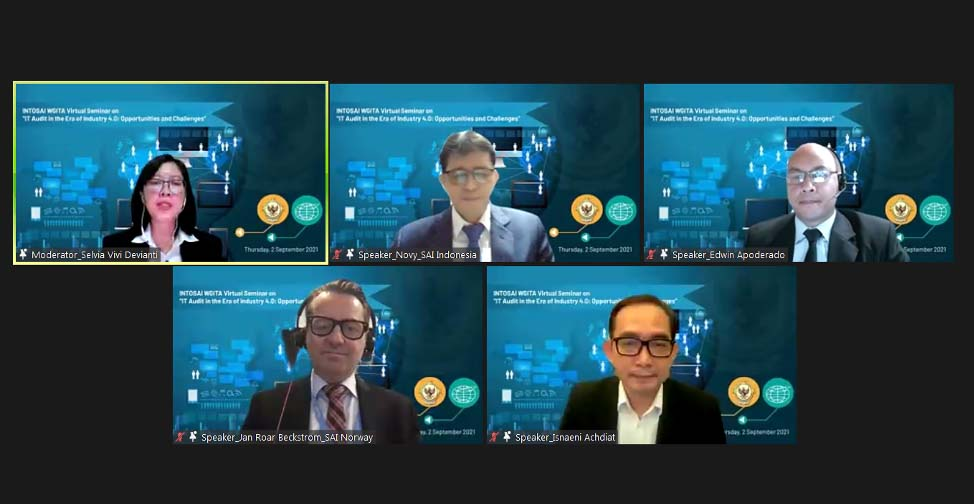
Webinar of the INTOSAI Working Group on the Impact of Science and Technology on Auditing
On 17 April 2025, the INTOSAI Working Group on the Impact of Science and Technology on Auditing (WGISTA) held an online seminar on one of the most pressing topics of the digital era — “Deepfakes and the Future of Auditing: Risk, Detection and Mitigation Strategies.”
The event was initiated and hosted by the Accountability State Authority of the Arab Republic of Egypt, which chairs the Working Group.
The seminar focused on the challenges faced by auditors in the context of the growing use of artificial intelligence (AI) to create manipulated visual content. Participants emphasized that such falsifications may jeopardize the reliability of audit evidence and undermine public trust. They shared current approaches to identifying and mitigating these emerging threats.
The webinar served as an important platform for knowledge exchange and the sharing of experience and best practices among Supreme Audit Institutions (SAIs). In the context of rapid technological advancement, such discussions contribute to the development of coordinated approaches to ensuring the resilience and credibility of public auditing.
Special attention was given to technical solutions for detecting AI-generated visual forgeries. Participants discussed the use of machine learning algorithms capable of identifying digital artifacts, unnatural shadows, facial distortions, and other visual inconsistencies. Methods for analyzing metadata, cross-checking audio and video streams, and using blockchain technologies to verify the authenticity of digital content were also explored.
Among the proposals discussed was the development of specialized tools that would enable auditors to quickly verify the authenticity of visual information during audit activities. Participants also highlighted the importance of enhancing auditors’ digital literacy and establishing response standards for handling visual manipulation cases involving AI.
The Accounts Chamber of the Russian Federation was represented at the seminar by staff members from the Department of Research and Methodology and the Department of International and Regional Cooperation.



